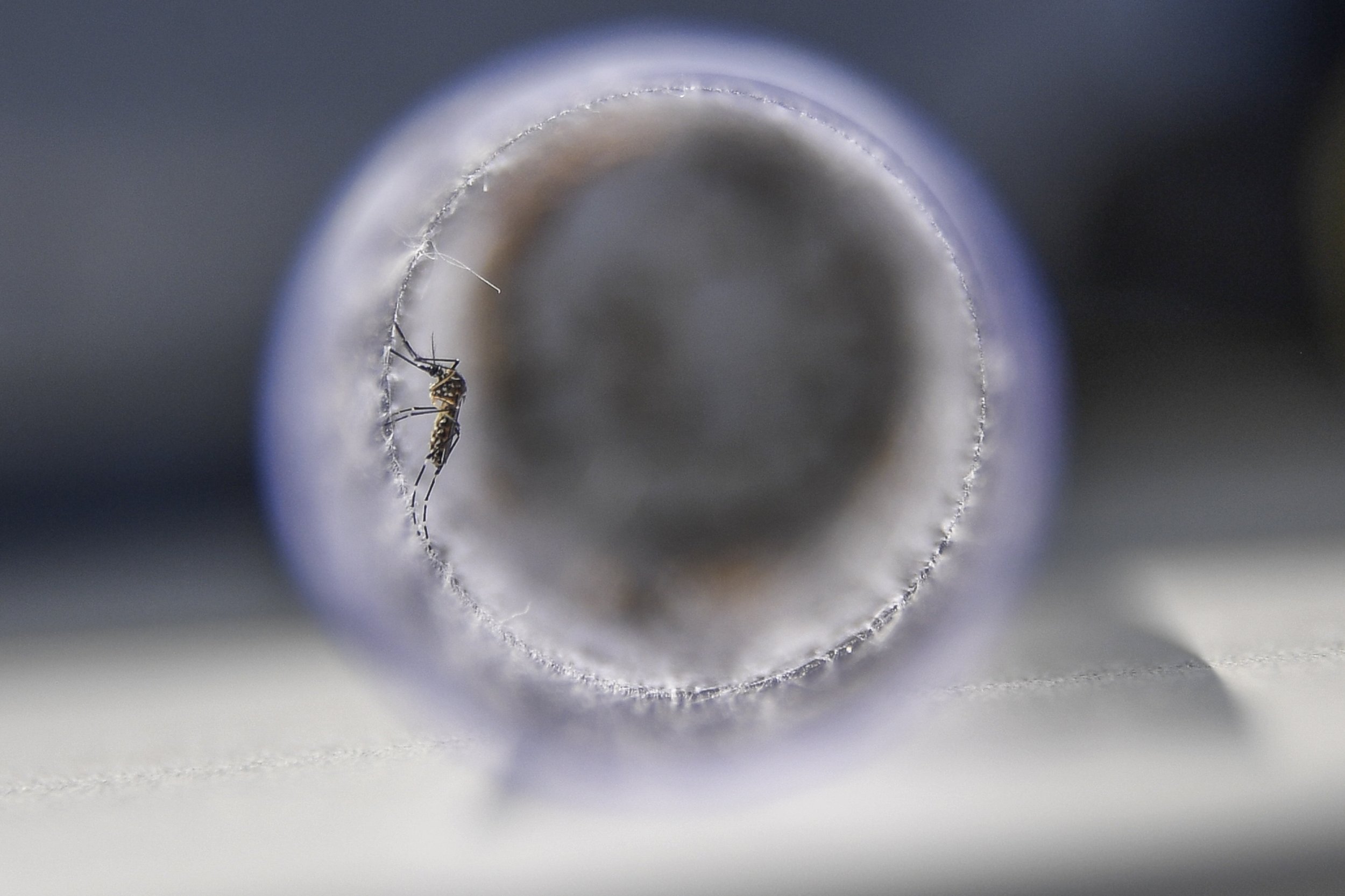
Swatting away mosquitos comes naturally as we try to keep those pesky bugs away. However, a new study indicates that these attempts on their life could actually train them to stay away as the bugs recognize our scents and equate this to danger.
Related: Under the Microscope: Amazing, Bizarre Image of Mosquito Leg Baffles the Internet
A new study published in the journal Current Biology revealed that, despite their small size, mosquitoes might be smarter than we give them credit for. Previous research has shown that the insects actually have a preference when choosing their victims. But there is evidence that they can change their preferences, which led scientists to wonder what caused these shifts. They theorized that mosquitoes could learn to avoid certain hosts who put up a fight.
To test this idea, researchers used a trained device called the vortexer to stimulate a mechanical shock that mimics the same feeling mosquitos have when being swatted away. The scent of chicken and rats were delivered separately along with a shock to train the insects to instill a negative association with those particular odors. They found that the bugs did learn to stay away from rats, which means if a mosquito associates your scent with being attacked, it will likely stay away. However, they did not learn to veer away from chickens, and researchers believe it's because the insects learned to avoid specific scents that are in mammals, but apparently not in birds.
"Once mosquitoes learned odors in an aversive manner, those odors caused aversive responses on the same order as responses to DEET, which is one of the most effective mosquito repellents," study co-author and biologist Jeff Riffell said in a statement. "Moreover, mosquitoes remember the trained odors for days."
They attributed this ability to dopamine, a neurotransmitter that sends signals to other parts of our brain. Essentially, it helps us humans learn and respond to rewards and motivation, so the scientists studied how this would impact mosquitos, too. Some mosquitos were genetically modified not to have dopamine receptors and were trapped in an arena of sorts while scientists studied the insects' brain activity. They found that neurons were less likely to respond in mosquitoes that didn't have dopamine, leading them to conclude it was vital for the bugs to process information, too.
Mosquito tip #mosquito #lyme https://t.co/ufP5m64HmH
— Joshua Helman (@freemarkets) January 26, 2018
This may seem like a small finding, but the team believes that it will help develop additional better ways to manage the pests.
"By understanding how mosquitoes are making decisions on whom to bite, and how learning influences those behaviors, we can better understand the genes and neuronal bases of the behaviors," said Riffell. "This could lead to more effective tools for mosquito control."
More than just an annoyance, mosquitoes also pose a global threat. According to the World Health Organization, they are the biggest menace out of any disease-spreading insects. They pass on malaria, dengue and yellow fever, killing millions of people each year
Uncommon Knowledge
Newsweek is committed to challenging conventional wisdom and finding connections in the search for common ground.
Newsweek is committed to challenging conventional wisdom and finding connections in the search for common ground.
About the writer
Melissa is a science writer covering health for Newsweek and has contributed to Inc., Dr. Oz The Good Life, Men's Fitness, Marie Claire and others. She earned ... Read more
To read how Newsweek uses AI as a newsroom tool, Click here.





